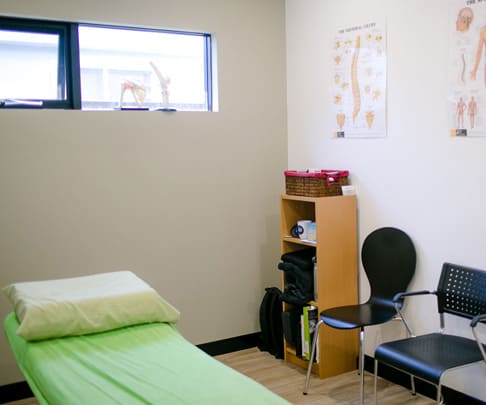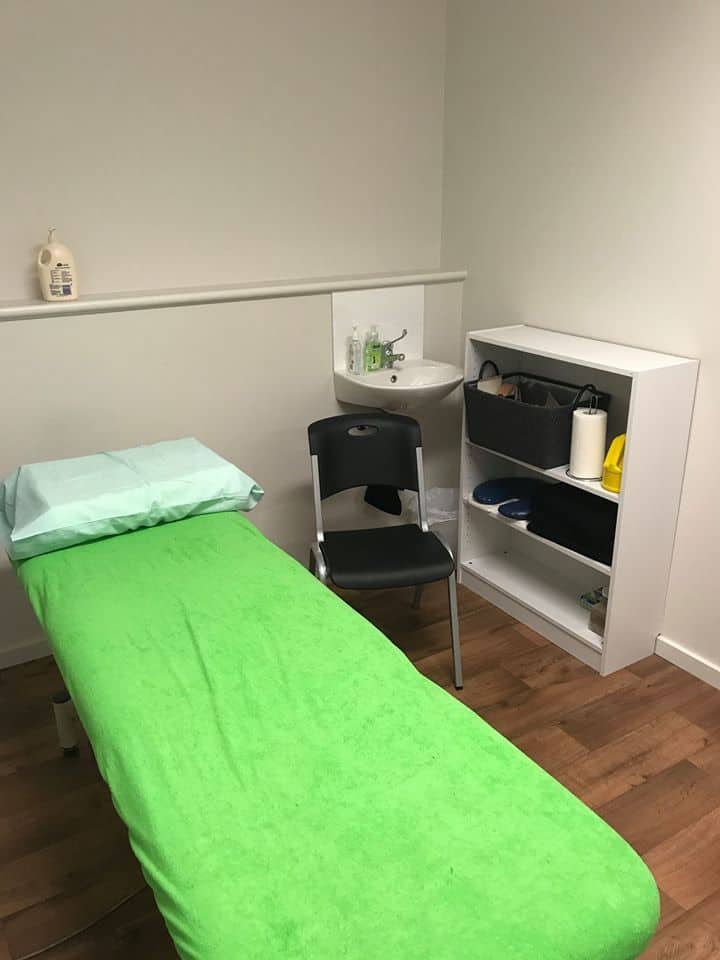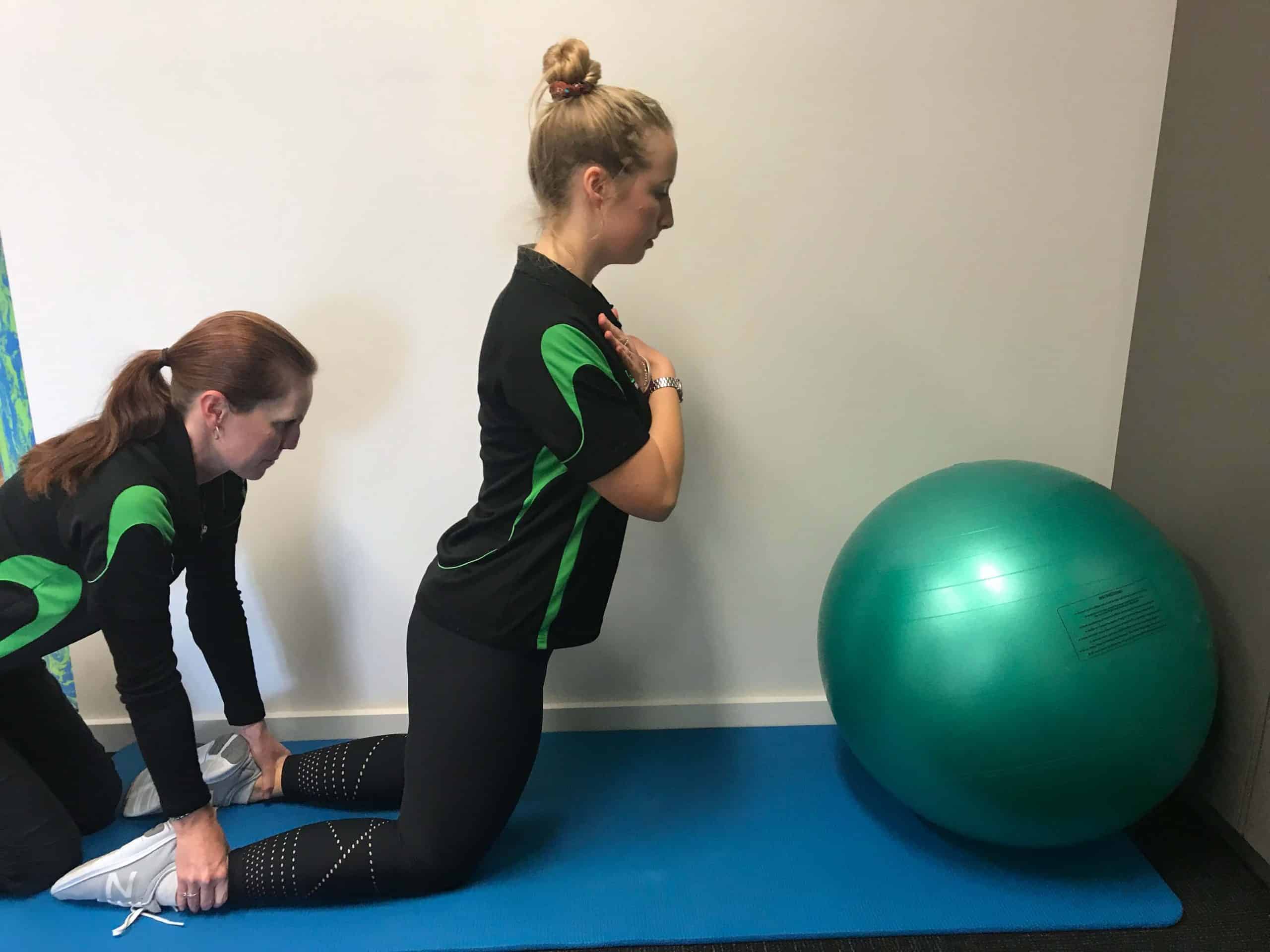Mandurah Physiotherapists

What is Physiotherapy? Who is it for?
Physiotherapy is an Allied Health Profession. It’s a healthcare profession that works alongside traditional medicine disciplines of doctors and nurses to help patients overcome movement disorders affecting their health.
These disorders may be as a result of injury, ageing, accidents, congenital issues or habitual postures. As experts in movement and function, physiotherapists use evidence-based practices and treatments to help reduce pain, improve movement and function and ultimately improve quality of life and health while preventing future health issues.
Physiotherapists are first-contact practitioners. This means your physiotherapist can assess, diagnose and treat your health concern as your first step. You don’t need to get a referral from your GP if you’re a private patient. However, if you plan to claim payment of your treatment through workers’ compensation, insurance commission of WA (motor vehicle accident insurance), veterans’ affairs (DVA) or Medicare, you will need a referral from your GP.
What would I expect at my first physiotherapy visit?
- A full explanation of your diagnosis and treatment
- The cause and predisposing factors related to your condition
- An explanation of the likely outcome and duration of treatment
- Your treatment options explained and your choice implemented
- A personalised home exercise and prevention program designed and taught
- Referral for investigations or to a specialist, if required.


What treatments could I expect to receive?
Many treatments fall under the physiotherapy umbrella. These include:
- Spinal and/or peripheral joint mobilisation
- Spinal joint manipulation
- Soft tissue techniques (massage, deep tissue frictions, trigger point pressure, myofascial release)
- Muscle stretching
- Taping or bracing
- Exercise prescription – home, gym and hydrotherapy
- Postural correction and ergonomic education including manual handling
- Cryotherapy or thermotherapy (ice or heat)
- Dry Needling
- Electrotherapy Modalities (ultrasound, interferential, medium frequency, muscle stimulation, TENS)
- Real-time ultrasound imaging
- Pilates – individual and class lessons
Sports Physiotherapy & Injury Treatment
The physiotherapists at Miami Physiotherapy are trained to treat your sporting injuries with up-to-date evidence-based knowledge and treatments. Sometimes, serious sporting injuries require surgery. Sports physiotherapy following surgery will aid your recovery and ensure you return to sport fit and fully rehabilitated.
Some examples of common sporting injuries that we manage at Miami Physiotherapy are:
- Shoulder: rotator cuff injuries, dislocated shoulders, AC joint sprains, collar bone fractures.
- Elbow: tennis elbow, golfer’s elbow.
- Wrist and Hand: ligament injuries, carpal tunnel syndrome, tendon injuries such as De Quervains.
- Pelvis: SIJ disorders, osteitis pubis, groin strains.
- Lower Limb: hip capsular impingement, muscle contusions (corkies), hip bursitis, hamstring tears, calf tears.
- Knee: patellofemoral syndrome, ITB friction syndrome (runner’s knee), ACL injuries, MCL/LCL injuries.
- Ankle and Foot: ankle sprain, Achilles injuries/tendinopathy, plantar fasciitis.


Spinal Physiotherapy
Spinal Physiotherapy is the treatment of pain caused by the facet joints, disc, nerve or muscle in the spinal column. This pain may be in the neck, mid-back or lower back, and may be caused by an acute injury or from degeneration (osteoarthritis). Our physiotherapists are trained to correctly assess your spine and determine the best treatment strategy to get you back into life.
